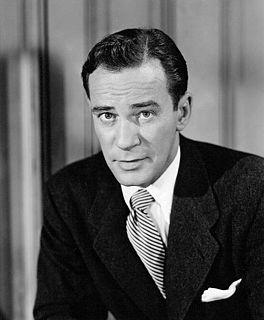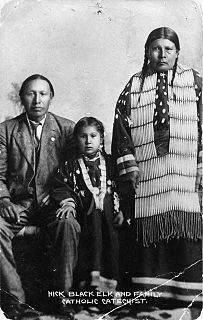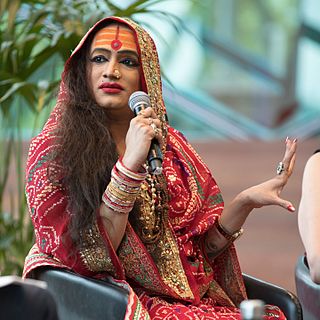A Quote by Devdutt Pattanaik
Nobody knows why we're alive; so we all create stories based on our imagination of the world; and as a community, we believe in the same story. In India, every person believes his/ her own mythosphere to be real. Indian thought is obsessed with subjectivity; Greek thought with objectivity.
Related Quotes
Their thought is India is a beehive (Madhumakhi Ka Chhata) but our thought is India is our Mother (Maata). Their thought is poverty is a state of mind, our thought is that the poor are manifestation of Almighty. Their thought is to divide and rule, our thought is to integrate and do development. Their soch is Vanshvaad, our soch is Rashtravaad. They say Rajneeti is everything, we say Rashtraneeti is everything. Your thought is to save the chair, our thought is to save the nation.
My being Indian is possibly the biggest thing that influences my stories. Not just in terms of settings - most of the settings in my stories are Indian - but also in terms of characters and plot. I think growing up in India grew my imagination in certain ways that would not have happened in any other place. I'm also fascinated by the idea of India, and writing stories allows me to explore this. As for thematic elements, they are probably pretty obvious in my stories. I also hope that my stories bust stereotypes at least to a modest extent.
The intellectual tradition of the West is very individualistic. It's not community-based. The intellectual is often thought of as a person who is alone and cut off from the world. So I have had to practice being willing to leave the space of my study to be in community, to work in community, and to be changed by community.
A person who is obsessed with Jesus knows that the best thing he can do is be faithful to his Savior in every aspect of his life, continually saying "Thank You!" to God. An obsessed person knows there can never be intimacy if he is always trying to pay God back or work hard enough to be worthy. He revels in his role as a child and friend of God.
In America, the stories we tell ourselves and we tell each other in fiction have to do with individualism. Every person here is the center of his or her own story. And our job as people and as characters is to find our own motivations and desires, to overcome conflicts and obstacles toward defining ourselves so that we grow and change.
The life of an Indian is like the wings of the air. That is why you notice the hawk knows how to get his prey. The Indian is like that. The hawk swoops down on its prey, so does the Indian. In his lament he is like an animal. For instance, the coyote is sly, so is the Indian. The eagle is the same. That is why the Indian is always feathered up, he is a relative to the wings of the air.
I believe that one can and must hope for a sane society that furthers man's capacity to love his fellow men, to work and create, to develop his reason and his objectivity of a sense of himself that is based on the experience of his productive energy. I believe that one can and must hope for the collective regaining of a mental health that is characterized by the capacity to love and to create.
When somebody asks me, "Who are you?" I tell them, "I am the oldest ethnic transgender community in the world, which has its own culture and own religious beliefs." And we are in four countries in South Asia: India, Pakistan, Bangladesh, and the Terai region of Nepal. What binds us hijras together is the same pain that has gone through our lives, which is much thicker than blood. That's why in our community we don't have old-age homes. Our guru may be horrible, but at the same time, we take care of the guru till the last breath.
One could even argue that we have a duty to create and pass on stories about choice because once a person knows such stories, they can't be taken away from him. He may lose his possessions, his home, his loved ones, but if he holds on to a story about choice, he retains the ability to practice choice.
I believe in God. Nobody made me believe; I don't think you can or should try to force someone to believe something. And even though my parents taught me stuff about God and read Bible stories to me from as early as I can remember... it was my choice to become a believer in Him. The way I see it, putting our faith in God is something that each person has to come to on his or her own. It's your own personal relationship with Him; a bond that's as unique as a fingerprint.
What we take ourselves to be doing when we think about what is the case or how we should act is something that cannot be reconciled with a reductive naturalism, for reasons distinct from those that entail the irreducibility of consciousness. It is not merely the subjectivity of thought but its capacity to transcend subjectivity and to discover what is objectively the case that presents a problem....Thought and reasoning are correct or incorrect in virtue of something independent of the thinker's beliefs, and even independent of the community of thinkers to which he belongs. (p. 71)


































